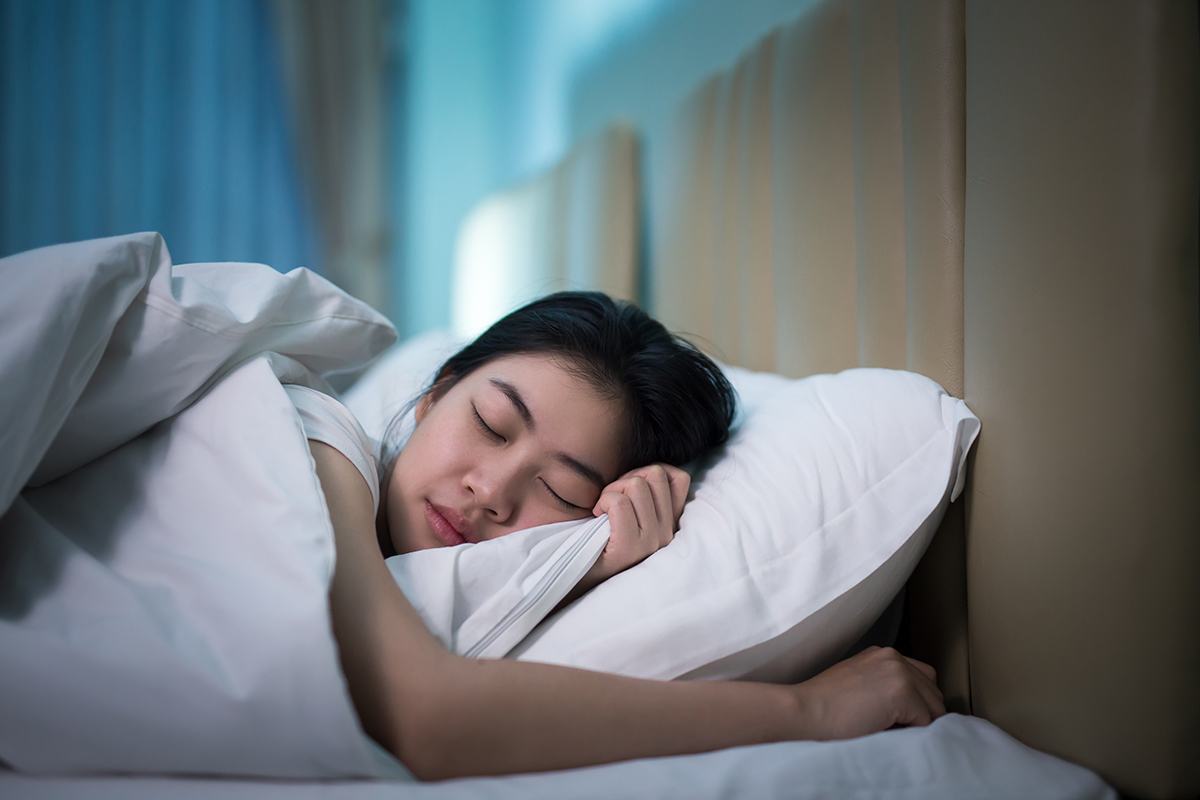An estimated 5% of adults talk in their sleep – and a new study published in the journal Sleep delves into exactly what sleep talkers are saying at night.
A research team from Pitié-Salpêtrière Hospital in Paris, France, studied 232 adult participants over two nights. While 15 of the subjects had no sleep-related disorders, 129 had “REM sleep behavior disorder,” one had sleep apnea, and 87 either sleepwalked, had night terrors, or both.
Researchers used video to capture any instances of the subjects speaking at night. They recorded 883 speech episodes among the 232 participants, which contained 3,349 decipherable words. One interesting finding was that the most common word people said in their sleep was “no.” Another finding: nearly 10 percent of sleep talking episodes contained curse words.
According to researcher Dr. Isabelle Arnulf, these results aren’t too surprising.
“[S]leep talkers may face situations in dream[s] in which anybody would swear, had they happened awake — e.g., need to escape a danger, and shouting, or need to counter-fight, and insulting the aggressor,” she told Medical News Today. Arnulf added: “People may act out — and speak loudly — only when they are extremely worried; the rest of their speeches remaining inner and silent.”
The researchers also found that people who talked in their sleep generally used good grammar and correct sentence structures. There were also pauses in their sleep conversation as if they were waiting for another person to respond to them. Translation: Their sleep talking sounded relatively similar to how they spoke when they were awake.
“The differences are qualitative: nocturnal language is negative, tense, more vulgar, and addressed to somebody, not to oneself,” Arnulf explained. “It suggests that the brain uses the same networks as awake and that sleep talking translates the concomitant dreaming activity, which is tense, too.”
According to the American Academy of Sleep Medicine, sleep talking isn’t something people should be worried about.
“Sleep talking is rarely severe enough to require treatment,” the academy explains. “Severe sleep talking may be a sign of a more serious sleep disorder that would need to be treated. In extremely rare cases, medications may be used to treat sleep talking.”
[Editor’s Note: The information provided should not be considered a substitute for professional advice. Please consult a sleep doctor or other medical expert if questions arise regarding one’s own health.]
Featured image: Kamil Macniak/Shutterstock

